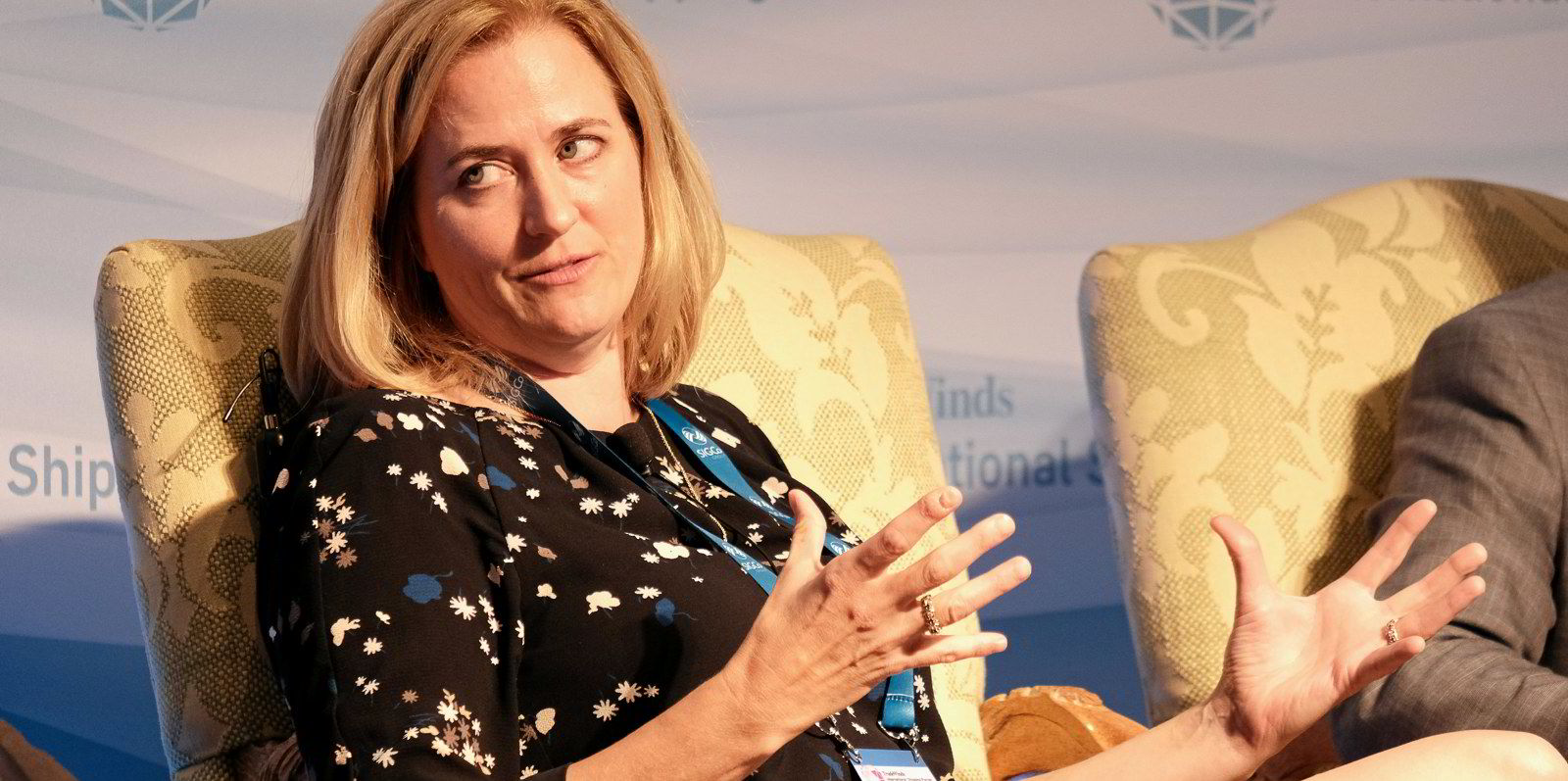A private John Fredriksen company’s stake of more than 16% in International Seaways may be primarily for investment purposes, but the New York company isn’t taking any chances.
Lois Zabrocky-led Seaways announced on Monday that it has approved a stockholder rights plan — known informally as a “poison pill” — that would effectively stop an investor from owning more than 17.5% of the company.
Rationale for the pill
“The rights plan will reduce the likelihood that any person or group gains control of the company through open market accumulation, or other tactics potentially disadvantaging the interests of all stockholders, without paying all stockholders an appropriate control premium or providing the company’s board of directors sufficient time to make informed decisions in the best interest of all stockholders,” Seaways said in a securities filing.
Famatown first revealed its 16% holding in Seaways on 28 April, essentially using boilerplate language to describe its reason for becoming the owner’s largest shareholder.
This came at a time when Fredriksen was also moving on Belgian tanker giant Euronav, whose board is welcoming a merger with public company Frontline but facing a proxy fight from its largest shareholder, the Saverys family.
On 29 April Fredriksen lieutenant Gunnar Winther Eliassen told TradeWinds the stake was “a standalone financial investment,” yet at the same time left the door open to other possibilities including “a broader consolidation play”.
Seaways has been a close ally of Euronav, teaming on an acquisition of VLCCs from the former Gener8 Maritime, owning two FSOs together and partnering in the Tankers International VLCC pool.
The stockholder rights agreement effectively penalises any investor who exceeds the 17.5% threshold by subjecting it to heavy dilution.

In such a case, Seaways can grant rights to existing stockholders at a given exercise price that have a value of double the price paid. These rights can then be converted into common Seaways shares. The rights do not apply to the offending shareholder, called an “acquiring person”.
Such plans are commonplace in M&A scenarios.
“A company doesn’t adopt a poison pill to prevent a merger from happening, it does so to slow down the process,” one veteran investment banker told TradeWinds.
“The poison pill is the board’s way of telling the potential acquirer, ‘You are not getting the company without negotiating with us.”
Seaways shares were down more than 6% on Monday in another bloody day for the broader market.




